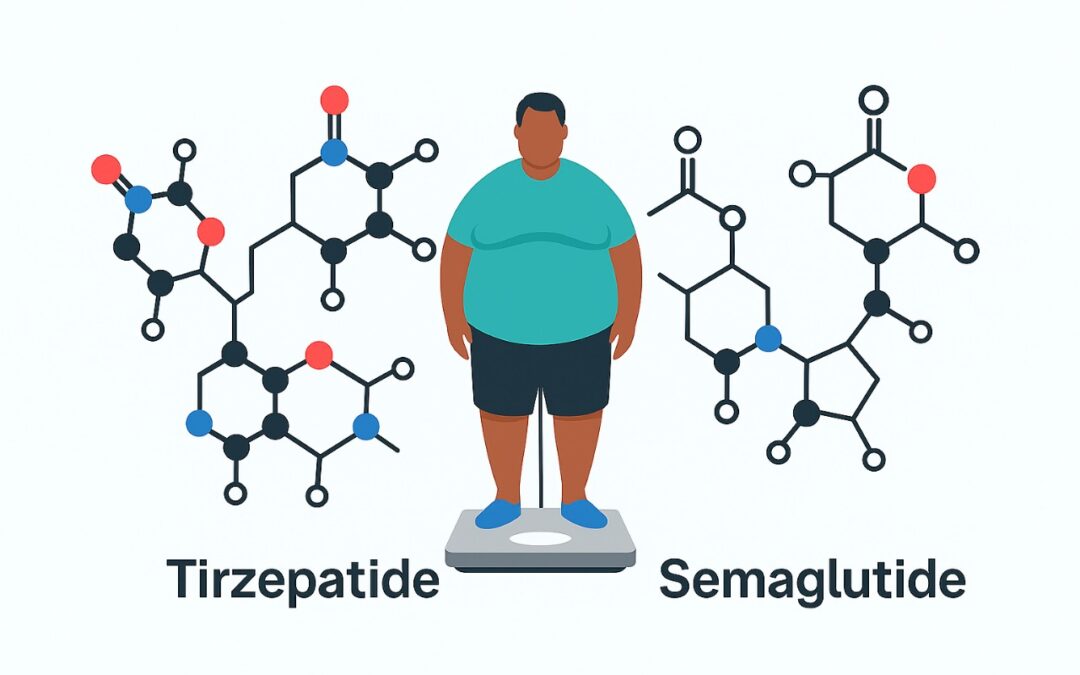
Insmed Incorporated announced the U.S. Food and Drug Administration (FDA) approval of BRINSUPRI™ (brensocatib 10 mg and 25 mg tablets), the first approved treatment for non-cystic fibrosis bronchiectasis (NCFB) in adults and children aged 12 and older. As a first-in-class dipeptidyl peptidase 1 (DPP1) inhibitor, BRINSUPRI targets neutrophilic inflammation by inhibiting neutrophil serine proteases, addressing a root cause of airway damage, persistent infections, and exacerbations in NCFB. This chronic condition affects approximately 500,000 diagnosed patients in the U.S. and millions globally, characterized by permanently dilated bronchi, chronic cough, excessive mucus, shortness of breath, and frequent flares that worsen lung function and quality of life.

Insmed Incorporated announced the U.S. Food and Drug Administration (FDA) approval of BRINSUPRI™ (brensocatib 10 mg and 25 mg tablets), the first approved treatment for non-cystic fibrosis bronchiectasis (NCFB) in adults and children aged 12 and older. As a first-in-class dipeptidyl peptidase 1 (DPP1) inhibitor, BRINSUPRI targets neutrophilic inflammation by inhibiting neutrophil serine proteases, addressing a root cause of airway damage, persistent infections, and exacerbations in NCFB. This chronic condition affects approximately 500,000 diagnosed patients in the U.S. and millions globally, characterized by permanently dilated bronchi, chronic cough, excessive mucus, shortness of breath, and frequent flares that worsen lung function and quality of life.

Boehringer Ingelheim’s HERNEXEOS® (zongertinib tablets) has received accelerated approval from the U.S. Food and Drug Administration (FDA) as the first orally administered targeted therapy for adult patients with unresectable or metastatic non-squamous non-small cell lung cancer (NSCLC) harboring HER2 (ERBB2) tyrosine kinase domain activating mutations, detected by an FDA-approved test, who have received prior systemic therapy.

Viatris Inc., a leading global healthcare company listed on Nasdaq as VTRS, has announced the U.S. Food and Drug Administration (FDA) approval of Iron Sucrose Injection, USP, marking the first generic equivalent to Venofer® Injection. This intravenous iron replacement therapy is indicated for treating iron deficiency anemia (IDA) in adult and pediatric patients (aged 2 years and older) with chronic kidney disease (CKD). IDA remains a prevalent complication in CKD, contributing to elevated risks of cardiovascular issues and mortality. The product will be available imminently in single-dose vials with strengths of 50 mg/2.5 mL, 100 mg/5 mL, and 200 mg/10 mL.

Lantheus Holdings, Inc. (NASDAQ: LNTH), a leader in radiopharmaceuticals, revealed on August 6, 2025, that the U.S. Food and Drug Administration (FDA) has accepted a New Drug Application (NDA) submitted by its affiliate, Aphelion, for an advanced formulation of piflufolastat F 18, the active ingredient in its flagship PSMA-targeted PET imaging agent, PYLARIFY. The FDA has established a Prescription Drug User Fee Act (PDUFA) target action date of March 6, 2026, paving the way for potential approval that could significantly expand access to this diagnostic tool for prostate cancer patients. This development builds upon PYLARIFY’s established success, which has revolutionized prostate cancer imaging with superior diagnostic performance, including an 86% median true-positive rate for detecting recurrent disease in patients with rising PSA levels post-therapy, as demonstrated in clinical studies with independent readers.






